
Steel Conduit
Steel Conduit Overview
Steel conduit has been in use as a “raceway system” for electrical conductors since the early 1900s. Steel conduit and tubing is the most resilient, most protective, and most durable electrical raceway available. No matter what type of electrical project you are working on, there is a solution in steel conduit and tubing that will provide value for years to come.
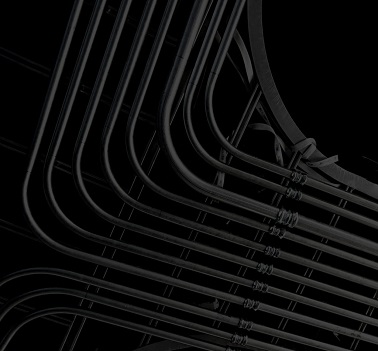
Types of Steel Conduit & Tubing
The basic types of steel raceways in use today are steel rigid metal conduit (RMC), intermediate metal conduit (IMC) and electrical metallic tubing (EMT). The strength of steel makes galvanized steel rigid conduit, intermediate metal conduit and electrical metallic tubing the wiring methods recognized as providing superior mechanical protection to the enclosed wire conductors.
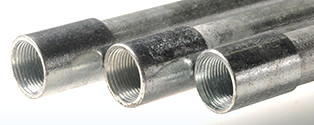
Rigid Metal Conduit (RMC)
Find complete specs on the raceway that is the benchmark for severe physical protection. Listed to UL 6 and Manufactured in ac…
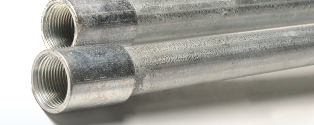
Intermediate Metal Conduit (IMC)
Get the details on this lighter-weight alternative to rigid metal conduit. Listed to UL 1242 and Manufactured in accordance wi…
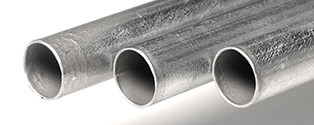
Electrical Metallic Tubing (EMT)
Learn more about this threadless thin-wall steel raceway. Listed to UL 797 and Manufactured in accordance with ANSI C80.3 by al…
Why Steel Conduit and EMT?
You can feel confident with steel conduit for many reasons. Not only does steel conduit protect conductors against a wide range of physical risks, but it delivers a variety of business benefits, too.
Benefits of Steel Conduit

Most Universal
As buildings get more complex, the National Electric Code® (NFPA 70) places more restrictions on more wiring methods — but steel conduit is still allowed everywhere.
Most Resilient & Sustainable
Long-lasting and highly recyclable, steel conduit demonstrates the greatest resiliency and is the most sustainable raceway option. Learn more >
Most Flexible & Affordable
As buildings change and expand over time, other wiring solutions have to be removed and reinstalled — but steel conduit can be reused again and again. Learn more >
Durability of Steel Conduit & Tubing
Today’s buildings are designed for life spans of 50 to 80 years — and steel conduit and EMT lasts at least that long, making it the essential component of modern electrical systems. Additionally, because physical impact and corrosive elements don’t compromise its integrity, it retains its ability to protect against electromagnetic interference (EMI) over time. Learn more >
Raceway Comparison
Reasons to Consider Steel Conduit for Your Building
- Money Talks – Steel conduit saves — from the cost of installation throughout the life of a building. What often isn’t, but needs to be, considered is the full life cycle cost of a building. When it comes to new construction, steel conduit does not require a ground wire to enhance the safety of the installation, meaning budgeting for additional conductors is unnecessary. Plus, due to steel conduit’s flexibility and reusability, even as a building changes drastically over the years, conduit electrical raceways can be left in place, saving you the recurring expense of replacing cabling as the building evolves.
- 100 Years New – The recognition of steel conduit’s resiliency is a modern and positive trend. For a century, steel conduit has been an industry go-to, thanks to its superior protection against physical damage. But as we face greater natural and manmade disasters, building a stronger infrastructure is increasingly important — and steel conduit is the perfect electrical raceway because it allows for wiring to be removed, changed, updated, and for the raceway to be reused, something that’s generally not feasible with cabling methods. The conduit raceway can even be flushed out and cleaned, if necessary, in cases involved flooding, in preparation for new< wiring to be installed. While steel conduit may be the old product that’s been around 100+ years, in reality, it might be the product of the future.
- The World’s Most Recycled Material – The longevity and reusability of steel conduit supports sustainable building practices. Steel can be recycled endlessly and used for nearly any purpose. The sustainability of steel conduit comes with the recyclability of steel itself. Steel conduit also helps reduce environmental impact with its long service life (some RMC has been in use for more than 60 years) and ability to accommodate new conductors and additional circuits — allowing raceways to be reused over time.
- Up to Code – Steel conduit is allowed everywhere. The National Electric Code implements rigorous restrictions on all types of materials, but steel conduit has always been allowed everywhere. As buildings get bigger and more complex and it becomes more difficult to protect occupants, other wiring methods are more restricted by the NEC while steel conduit is allowed literally any place while also providing the best protection.
- Handles the Heat – Made of noncombustible material, steel conduit protects against fire and explosions. For any place in a building that fire could reach, steel conduit is easy to install, provides additional protection against fire damage, and will not burn. There are methods for making the alternatives safe in a fire, but those options are more expensive and time- consuming. In locations like gas stations or grain elevators with high explosion risks, RMC and IMC steel conduit protects conductors so they don’t become a source of ignition.
- Immune to the Elements – To meet industry standards and NEC requirements, steel conduit has to be provided with corrosion protection. Steel rusts. So, steel conduit goes through several preventative processes, such as zinc galvanizing and conversion coatings, to ensure extreme elements won’t cause rapid deterioration. Manufacturers want their product to be long- performing, so they go to great lengths to ensure steel conduit is protected against corrosion.
- In the Age of Technology – Because of its steel construction, steel conduit can protect highly sensitive data from electromagnetic interference. Just imagine the banking information whizzing through electrical circuits or the cables powering the monitors or other sensitive equipment in an operating room — all of that information travels through wiring and electrical raceways. Whenever you’re dealing with wiring or electrical equipment, there’s potential for electromagnetic interference (EMI). Steel conduit’s superior protection against EMI will protect whatever data or equipment that is currently in service in your building now, or that will be at any point in the building’s future.
Steel Conduit & EMT Producers
The membership of the Steel Tube Institute represents the majority of North America’s producers.
Resources & Technical Information
We keep you informed and ahead of the latest research, insights and trends in Steel Conduit & EMT.

7 Reasons Steel Conduit Is Best for Your Building
In a recent article in gb&d (Green Building & Design), STI explained why steel conduit is the most cost-effective and long-lasting…
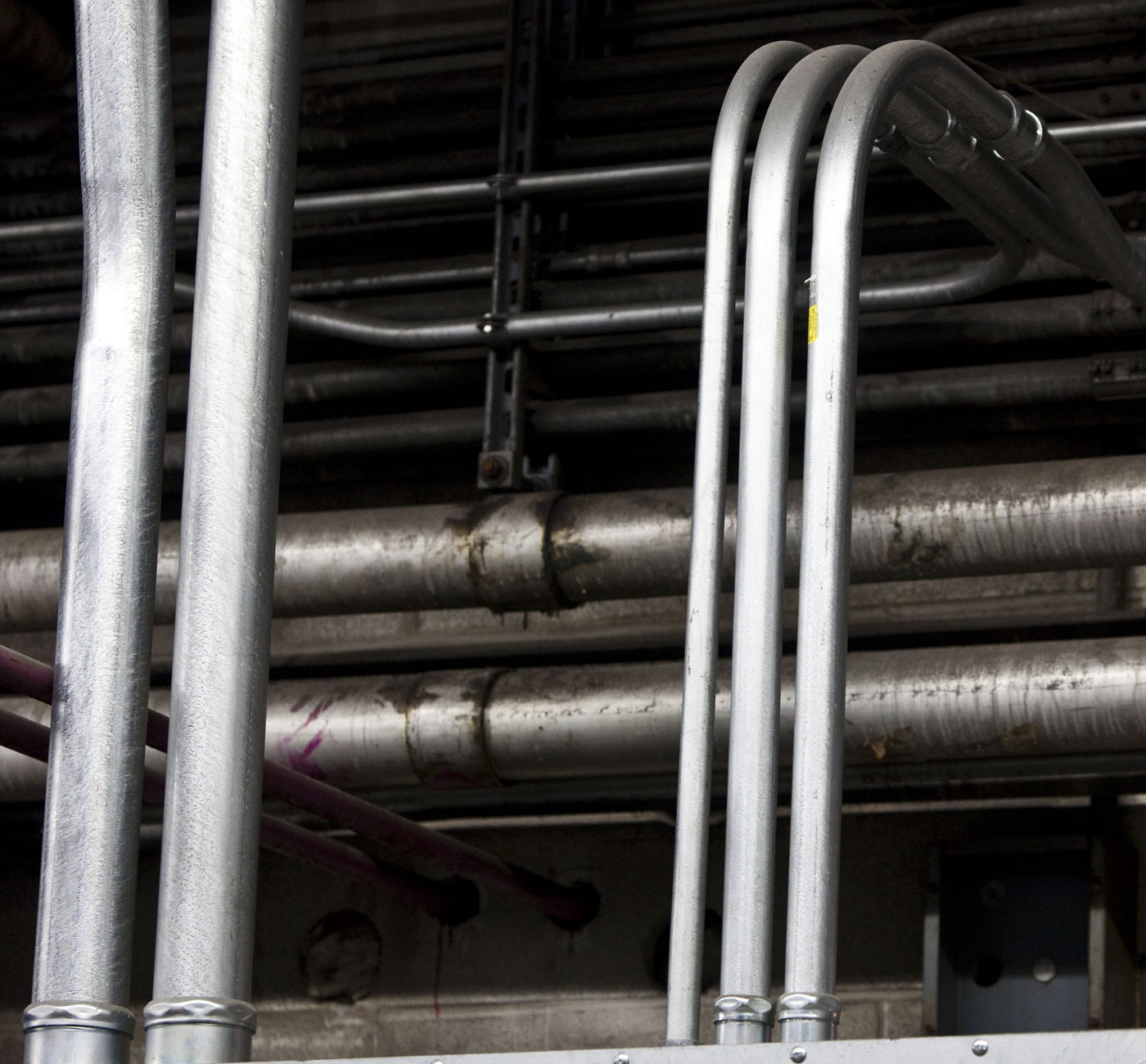
EMT beats MC cable in 10-year cost comparison
A 10-year cost comparison of a commercial building wired with electric metallic tubing (EMT) versus MC cable, including common cha…
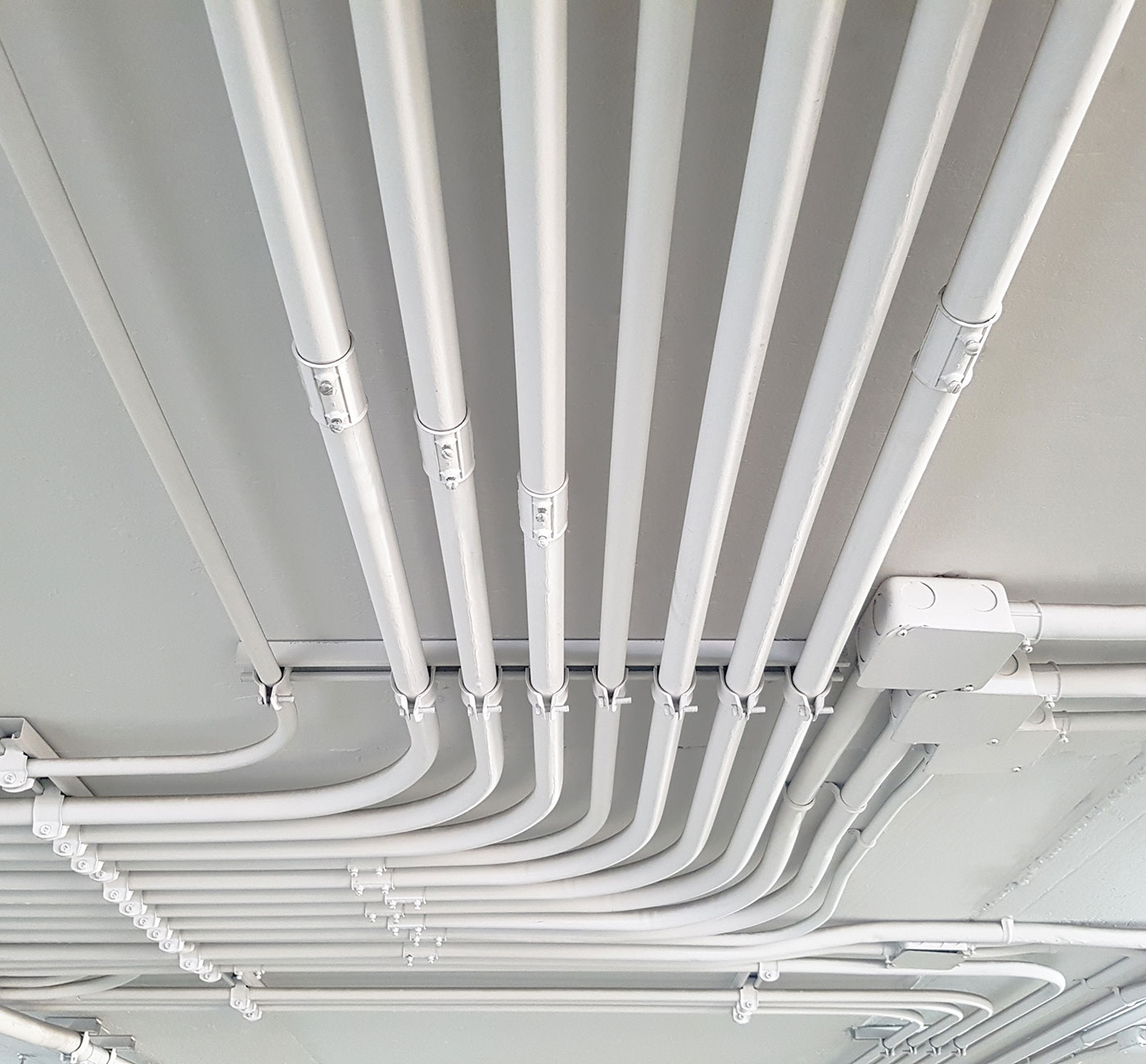
Equipment Grounding Using Steel Conduit
This Installation Guideline provides all the information you need to know when using conduit or tubing as an EGC
Grounding and EMI Evaluation Software (GEMI)
Download the latest desktop version of the Grounding and ElectroMagnetic Interference (GEMI), based on a joint research study with STI and Georgia Tech researchers. Evaluate an electrical raceway’s efficiency as an equipment grounding conductor and to mitigate electro-magnetic interference.
The Industry is Evolving. Stay Ahead.
Joining our email list ensures you’re up-to-date on important industry news, technical resources and much more.